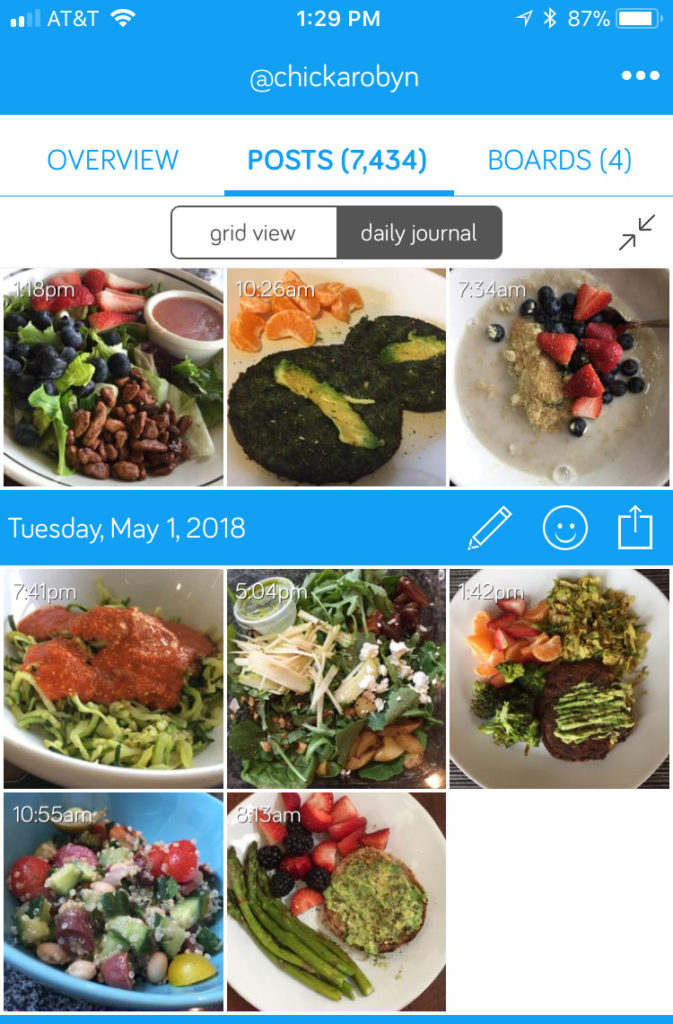Guess what? It’s not your fault.
You need to know this.
It’s the very first step on the pathway to healing our relationship with food.
Most people in industrialized countries struggle with overeating.
But why?
Reason #1 – Hyperawareness
We’ve never been so damn aware of how we look. If you’re living in a primitive village somewhere, there’s no Facebook or Vogue magazine or skinny jeans or bikini competitions or CrossFit or selfies or MIRRORS. We’re hyperaware of physical appearances and we’re constantly comparing.
And that’s freaking stressful.
Reason #2 – Processed Food
There is delicious + cheap food available 24/7. Food that overrides our natural hunger signals and makes our biology go haywire. Food that creates a desire for MORE instead of leaving us satisfied.
That’s messed up, right?
Food should satisfy us, but when we eat pizza or ice cream or nachos – we just want to keep going.
Reason #3 – Stress + Support
Women’s lives are stressful with a capital S. If you’re in your 30’s, 40’s or 50’s, you very likely have kids + aging parents + are working or volunteering + have a ridiculous number of responsibilities and stressors and (drum roll) – you probably don’t have a great support system.
The things that normally help buffer all the life stressors are frequently absent in our lives.
More stress + less support = YIKES!
Women in the 21st century are often socially isolated. We don’t usually have our “people” around – our brothers and sisters and aunts and extended family.
We don’t live in close knit communities anymore.
We don’t know our neighbors.
We don’t spend enough time outdoors.
We’re sedentary.
We stare into screens on a desk all day. Then we stare at a screen to “unwind” at night.
So, we turn to Netflix and wine and pizza and cookies – because that’s the easiest, most acceptable way to deal with the stress.
Reason #4 – Expectations
We’ve never had such high expectations of ourselves as women. We feel like we have to be perfect wives + perfect mothers + perfect friends + perfect workers + perfect daughters + have perfect Michelle Obama arms.
Perfect EVERYTHING!
Bottom line. It’s not you.
You NEED to know this.
You are not lazy + stupid + weak.
You are perfectly normal.
You are having a normal reaction to an unnatural way of living in the world.
Instead of signing up for another boot camp or cleanse…
Schedule a lunch date with a friend.
Call your sister.
Read a book, in the sunshine.
Take a walk.
Get off Facebook.
And most importantly, stop being so hard on yourself.
You’re doing the best you can.
XO ~Robyn
I work with courageous + determined women who are ready to say goodbye to yo-yo dieting for good. We’ll use a sustainable, practice-based approach to build healthy habits into your life, one day at a time for an entire year.
The result? You’ll develop healthy habits that become second nature and last a lifetime. You’ll lose the weight (and inches) you haven’t been able to shed – for good.
If this resonates with you, CLICK HERE for details on how to work with me.





